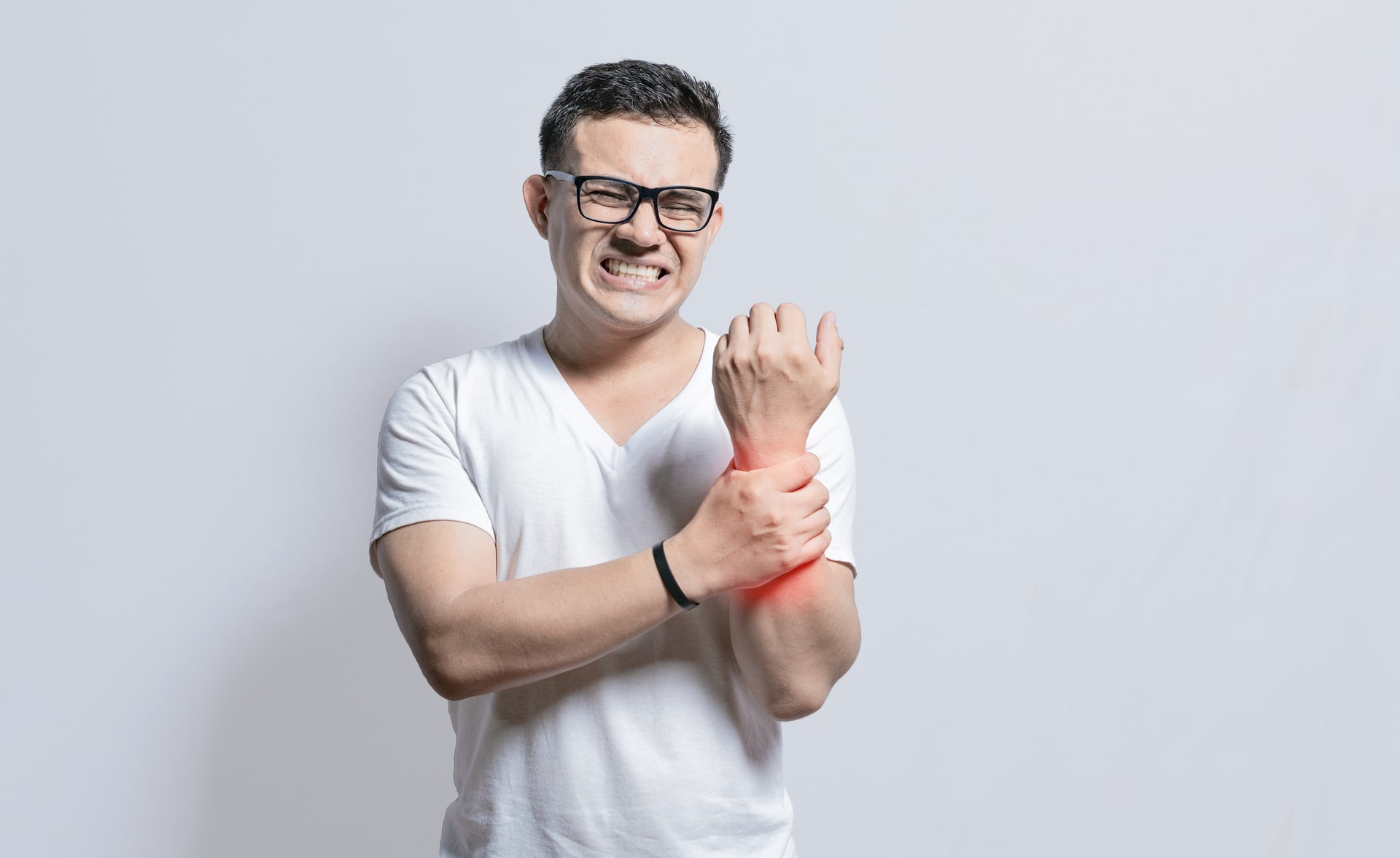Medical Cannabis For Arthritis
Many people with arthritis have spent years trying to find relief from their constant pain but haven’t been able to. With the legalisation of medical cannabis in the United Kingdom in 2018, a novel method of treating pain has emerged. Medical cannabis has helped a lot of people with arthritis deal with their painful and debilitating symptoms.
How can medical cannabis help with arthritis?
Medical cannabis can often fill in the gaps where standard treatments fall short. Several research have been done that show a good link between medical cannabis and arthritis. For example, according to this 2014 UK study by the University of Nottingham, cannabinoids have been shown to relieve symptoms in people with osteoarthritis, resulting in significant improvements in quality of life.
Furthermore, a 2016 study found that cannabinoids have shown anti-inflammatory characteristics, which may help to alleviate arthritic symptoms. It’s critical to raise knowledge about how medicinal cannabis can be used in conjunction with traditional treatment to make patients with arthritis feel better.
FAQ
What is arthritis?
Arthritis is a common ailment that causes joint discomfort and inflammation. It affects about 10 million individuals in the UK of all ages, though it is more prevalent as people get older. There are other types of arthritis, but the two most common are osteoarthritis, which affects the smooth cartilage inside of the joint, and rheumatoid arthritis, which affects the joint’s outer coating.
What are the symptoms of arthritis?
Arthritis symptoms vary greatly, and the severity and frequency of symptoms are determined by the type of arthritis a person has. That is why it is critical to obtain a precise diagnosis in order to ensure that the patient receives the appropriate treatment.
Nevertheless, most kinds of arthritis have some early signs in common, such as:
- Tenderness, stiffness, and pain in the joints
- Inflammation of the joints and the areas around them
- Joint mobility is restricted.
- Over the injured joint, there is a warm red skin.
- Muscle atrophy and weakness
Depending on the type of arthritis, additional symptoms may appear alongside these. Symptoms will most likely grow and wane over time. Temperature, exercise level, stress, and a variety of other environmental factors might aggravate arthritis symptoms.
What causes arthritis?
The wearing down of cartilage around the joints is what causes arthritis. This can occur as a result of normal wear and tear, which is particularly common among the elderly. Circumstances that can hasten or exacerbate the deterioration of cartilage include:
- Infection in the joints or a damage to the joints
- Predisposition due to genetics
- Disorders of the immune system
What are the therapy options for arthritis?
Treatment options will, once again, be heavily influenced by the type of arthritis. There are distinct methods of treatment for the two major types of arthritis, osteoarthritis and rheumatoid arthritis, to treat each condition’s unique symptoms.
Treatment options for osteoarthritis include:
- Maintaining a healthy weight and exercising regularly are examples of lifestyle measures.
- Paracetamol, nonsteroidal anti-inflammatory medicines (NSAIDs), opioids, capsaicin cream, and steroid injections are examples of medications.
- Supportive therapies, such as hot and cold packs, manual therapy, and assistive gadgets, can help make ordinary activities simpler.
- Joint replacement or fusion surgery are two examples of surgeries.
Treatment options for rheumatoid arthritis include:
- Disease-modifying anti-rheumatic drugs (DMARDs)
- Biological treatments, such as etanercept and infliximab
- JAK inhibitors
- Painkillers
- Non-steroidal anti-inflammatory drugs (NSAIDs)
- Steroids
- Physiotherapy
- Occupational therapy
- Surgery
Even among these two common forms of arthritis, the specific treatment will frequently be determined by the severity of the ailment as well as any external factors such as the patient’s age and overall health. All treatment decisions should be taken with the help of a physician.
CPGUK provides information about possible treatment options and support for patients seeking specialist doctors. We can gather evidence of how medical cannabis is used to treat people in the UK, as well as academic and advocacy research.

